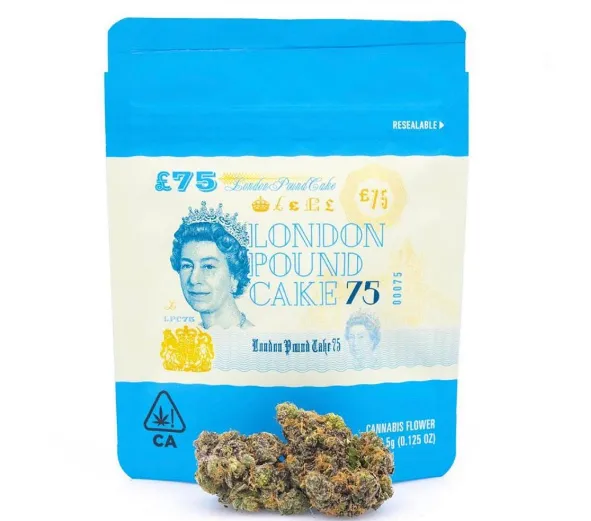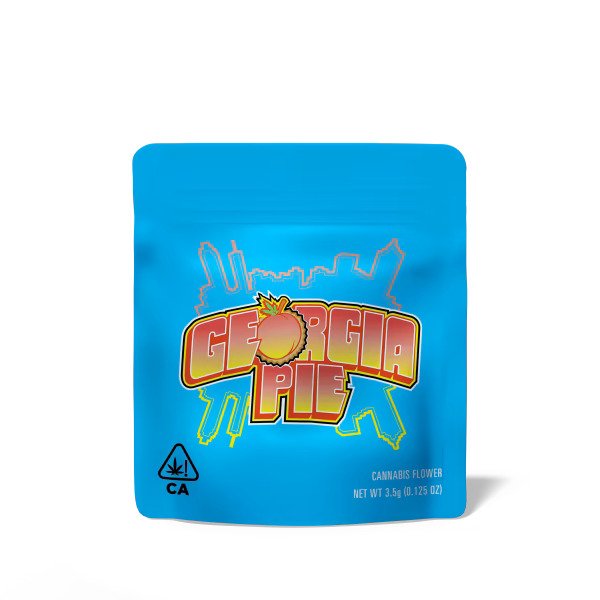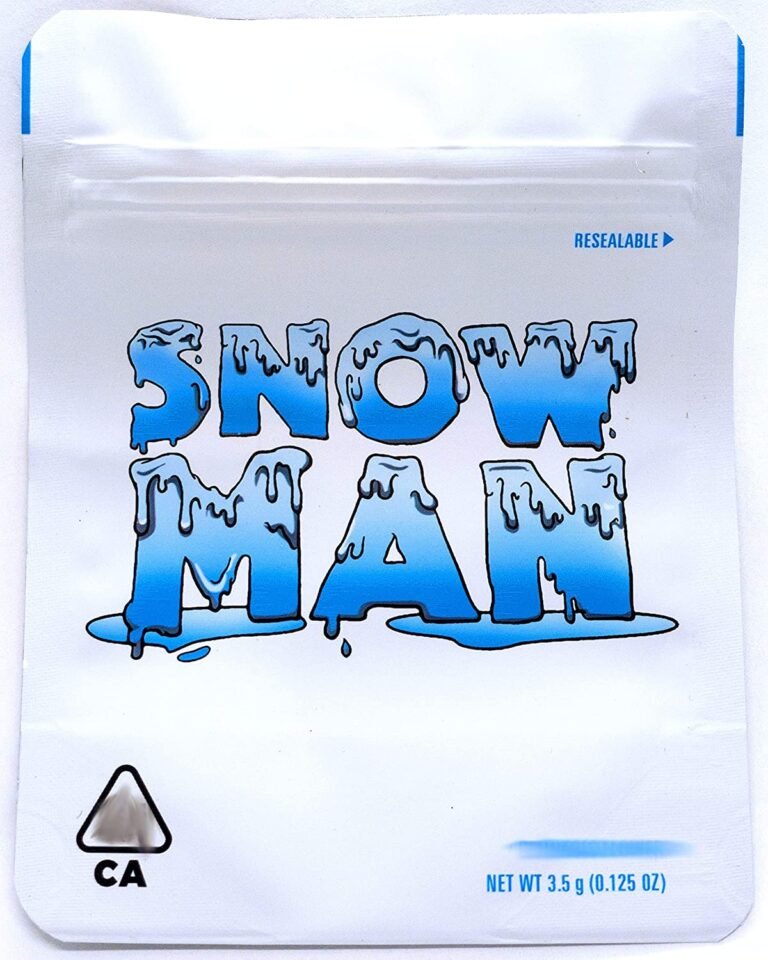Best Cookies Calipacks Weed in Europe & UK
페이지 정보

본문
 Medical cannabis, or medical marijuana, refers to the use of cannabis to treat disease or improve symptoms; however, there is no single agreed-upon definition (e.g., cannabinoids derived from cannabis and synthetic cannabinoids are also used). The rigorous scientific study of cannabis as a medicine has been hampered by production restrictions and by the fact that it is classified as an illegal drug by many governments. There is some evidence suggesting cannabis can be used to reduce nausea and vomiting during chemotherapy, to improve appetite in people with HIV/AIDS, or to treat chronic pain and muscle spasms. Evidence for its use for other medical applications is insufficient for Cookies Marijuana For Sale Cali Packs drawing conclusions about safety or efficacy. There is evidence supporting the use of cannabis or its derivatives in the treatment of chemotherapy-induced nausea and vomiting, neuropathic pain, and multiple sclerosis. Lower levels of evidence support its use for AIDS wasting syndrome, epilepsy, rheumatoid arthritis, Cookies Germanyz and glaucoma.
Medical cannabis, or medical marijuana, refers to the use of cannabis to treat disease or improve symptoms; however, there is no single agreed-upon definition (e.g., cannabinoids derived from cannabis and synthetic cannabinoids are also used). The rigorous scientific study of cannabis as a medicine has been hampered by production restrictions and by the fact that it is classified as an illegal drug by many governments. There is some evidence suggesting cannabis can be used to reduce nausea and vomiting during chemotherapy, to improve appetite in people with HIV/AIDS, or to treat chronic pain and muscle spasms. Evidence for its use for other medical applications is insufficient for Cookies Marijuana For Sale Cali Packs drawing conclusions about safety or efficacy. There is evidence supporting the use of cannabis or its derivatives in the treatment of chemotherapy-induced nausea and vomiting, neuropathic pain, and multiple sclerosis. Lower levels of evidence support its use for AIDS wasting syndrome, epilepsy, rheumatoid arthritis, Cookies Germanyz and glaucoma. Cannabis plants have been grown since at least the 3rd millennium BCE and there is evidence of it being smoked for its psychoactive effects around 500 BCE in the Pamir Mountains, Central Asia. Since the 14th century, Cookies Calipacks weed cannabis has been subject to legal restrictions. The possession, use, and cultivation of cannabis has been illegal in most countries since the 20th century. In 2013, Cookies Europe Uruguay became the first country to legalize recreational use of cannabis. Other countries to do so are Canada, Georgia, Germany, Luxembourg, Malta, South Africa, and Thailand. In the U.S., the recreational use of cannabis is legalized in 24 states, 3 territories, and the District of Columbia, though the drug remains federally illegal. In Australia, it is legalized only in the Australian Capital Territory.
Cannabis plants have been grown since at least the 3rd millennium BCE and there is evidence of it being smoked for its psychoactive effects around 500 BCE in the Pamir Mountains, Central Asia. Since the 14th century, Cookies Calipacks weed cannabis has been subject to legal restrictions. The possession, use, and cultivation of cannabis has been illegal in most countries since the 20th century. In 2013, Cookies Europe Uruguay became the first country to legalize recreational use of cannabis. Other countries to do so are Canada, Georgia, Germany, Luxembourg, Malta, South Africa, and Thailand. In the U.S., the recreational use of cannabis is legalized in 24 states, 3 territories, and the District of Columbia, though the drug remains federally illegal. In Australia, it is legalized only in the Australian Capital Territory.Marijuana weed, pot, and ganja, among other names, is a non-chemically uniform psychoactive drug from the Cannabis plant. Native to Central or South Asia, cannabis has been used as a drug for both recreational and entheogenic purposes and in various traditional medicines for centuries. Tetrahydrocannabinol (THC) is the main psychoactive component of cannabis, which is one of the 483 known compounds in the plant, including at least 65 other cannabinoids, such as cannabidiol (CBD). Cannabis can be used by smoking, vaporizing, within food, or as an extract.
 Cannabis has various mental and physical effects, which include euphoria, altered states of mind and sense of time, difficulty concentrating, impaired short-term memory, impaired body movement (balance and fine psychomotor control), relaxation, and an increase in appetite. Onset of effects is felt within minutes when smoked, but may take up to 90 minutes when eaten (as orally consumed drugs must be digested and absorbed). The effects last for two to six hours, depending on the amount used. At high doses, mental effects can include anxiety, delusions (including ideas of reference), hallucinations, panic, paranoia, and psychosis. There is a strong relation between cannabis use and the risk of psychosis, though the direction of causality is debated. Physical effects include increased heart rate, difficulty breathing, nausea, and behavioral problems in children whose mothers used cannabis during pregnancy; short-term side effects may also include dry mouth and red eyes. Long-term adverse effects may include addiction, decreased mental ability in those who started regular use as adolescents,[4] chronic coughing, Cookies Weed Packs susceptibility to respiratory infections, and cannabinoid hyperemesis syndrome.
Cannabis has various mental and physical effects, which include euphoria, altered states of mind and sense of time, difficulty concentrating, impaired short-term memory, impaired body movement (balance and fine psychomotor control), relaxation, and an increase in appetite. Onset of effects is felt within minutes when smoked, but may take up to 90 minutes when eaten (as orally consumed drugs must be digested and absorbed). The effects last for two to six hours, depending on the amount used. At high doses, mental effects can include anxiety, delusions (including ideas of reference), hallucinations, panic, paranoia, and psychosis. There is a strong relation between cannabis use and the risk of psychosis, though the direction of causality is debated. Physical effects include increased heart rate, difficulty breathing, nausea, and behavioral problems in children whose mothers used cannabis during pregnancy; short-term side effects may also include dry mouth and red eyes. Long-term adverse effects may include addiction, decreased mental ability in those who started regular use as adolescents,[4] chronic coughing, Cookies Weed Packs susceptibility to respiratory infections, and cannabinoid hyperemesis syndrome.Cannabis is mostly used recreationally or as a medicinal drug, although it may also be used for spiritual purposes. In 2013, between 128 and 232 million people used cannabis (2.7% to 4.9% of the global population between the ages of 15 and 65). It is the most commonly used largely-illegal drug in the world, with the highest use among adults in Zambia, the United States, Canada, and Nigeria. If you loved this posting and you would like to acquire more data regarding Cookies Weed Packs kindly take a look at our own internet site. Since the 1970s, the potency of illicit cannabis has increased, with THC levels rising and CBD levels dropping.
The medical use of cannabis is legal only in a limited number of territories, including Canada,[16] Belgium, Australia, the Netherlands, New Zealand, Spain, and many U.S. states. This usage generally requires a prescription, and distribution is usually done within a framework defined by local laws.
Recreational
Being under the effects of cannabis is usually referred to as being "high". Cannabis consumption has both psychoactive and physiological effects. The "high" experience can vary widely, based (among other things) on the user's prior experience with cannabis, and the type of cannabis consumed. p647 When smoking cannabis, a euphoriant effect can occur within minutes of smoking. p104 Aside from a subjective change in perception and mood, the most common short-term physical and neurological effects include increased heart rate, increased appetite, impairment of short-term and working memory, and impairment of psychomotor coordination.
Additional desired effects from consuming cannabis include relaxation, a general alteration of conscious perception, Cookies weed Germany increased awareness of sensation, increased libido and distortions in the perception of time and space. In some cases, cannabis can lead to dissociative states such as depersonalization and derealization.

- 이전글가난과 풍요로운 삶: 삶의 가치에 대한 고찰 25.07.25
- 다음글Poker Online Free For Dollars Seminar 25.07.25
댓글목록
등록된 댓글이 없습니다.